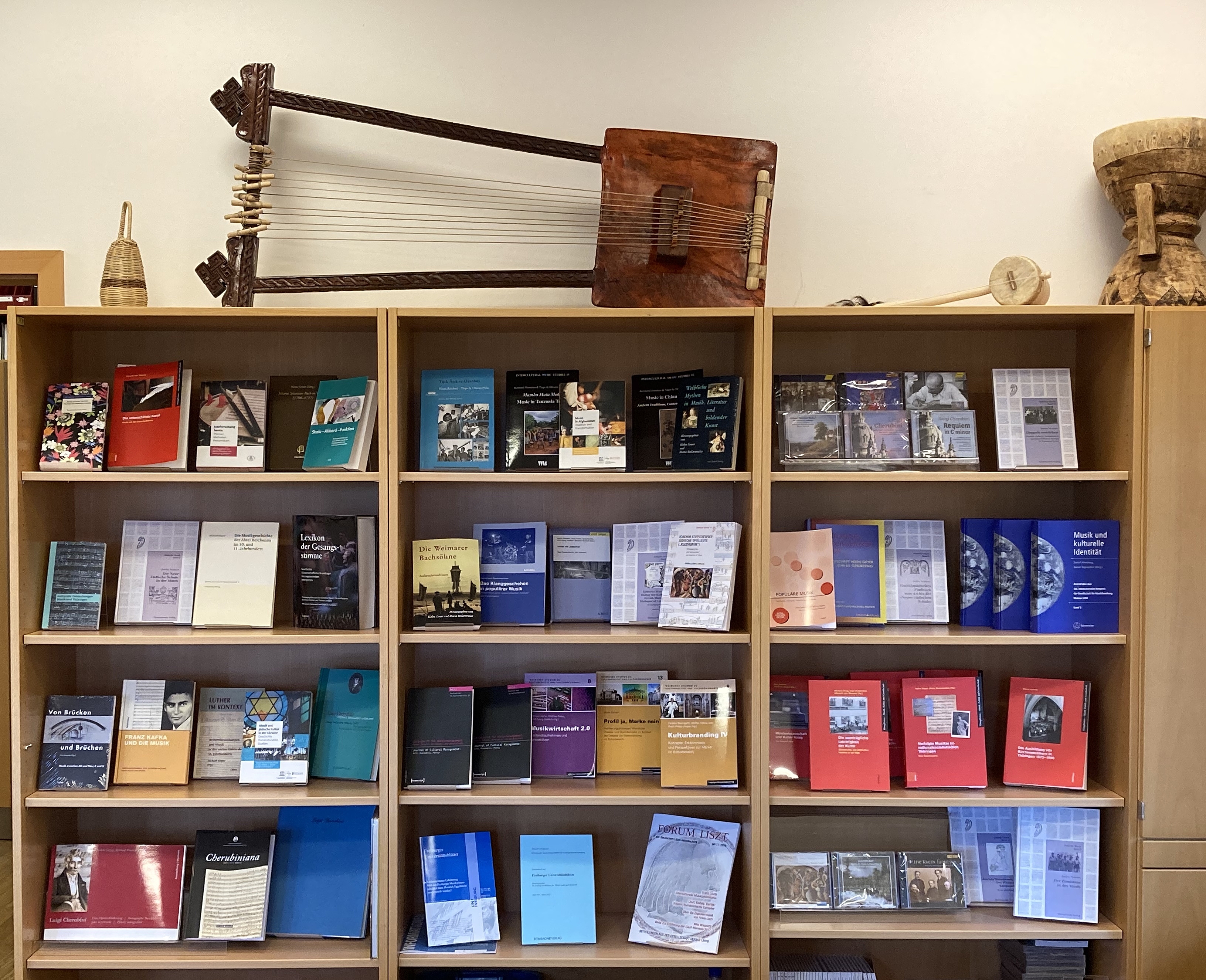Research project 'Works – Change – Identity: Max Reger's Mozart and Beethoven Variations as Musical Constructions of Identity'
Representative: Deutsche Forschungsgemeinschaft (DFG)
Duration: 2015–2019
Duration: 2015–2019
Project description
Max Reger's important, successful Beethoven Variations op. 86 and Mozart Variations op. 132 did more than help the composer to construct his identity. He later arranged these works for orchestra (in the case of op. 86) and piano (in the case of op. 132), yet he did not think these arrangements of secondary value, but considered them 'work-like'—a perspective which provokes careful analysis in the context of the seminal, emphatic work concept that was established around 1900. In a first step, a close study of the genesis of the various sources—sketches, draft manuscripts, proofs, etc.—will make visible the music’s transformation process. These results can then be viewed in the light of current research on identity construction. The crucial question in this respect is at which moments musical materials may reveal their creator and can be read as a documentation of their identity, through aspects which break up the closed nature of music's self-reflexive aesthetics, opening up to the outside world and allowing insight. Ultimately, the project needs to search for objectifiable elements within the closed system of the artwork: moments in which ruptures, breaks, montages, or projections become (or are made) visible in the aesthetic subject. If this process is undergone intentionally, these aspects can be read as symbols of subjective figures and forms. At the same time, the project aims to revise the image of Reger as a weak artistic personality, who reacted to external pressures and was haunted frequently by uncertainty.
